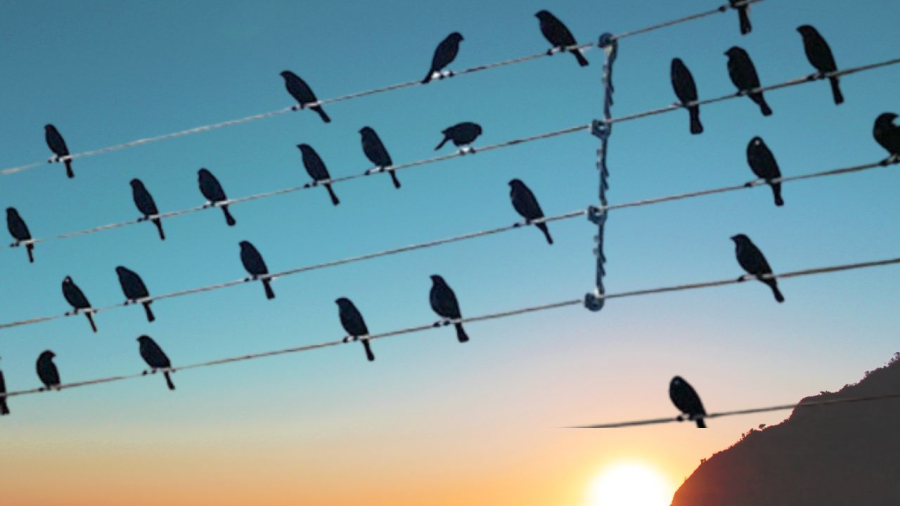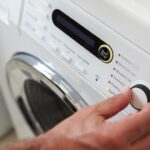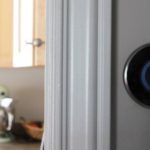It’s a common sight to see small birds perched on power lines, and it’s intriguing that they don’t get electrocuted. So, how do they manage to stay safe?
Physically, electric current is the flow of electrons through a conductor, and it always seeks the path of least resistance. Copper, with its low resistivity, is an excellent conductor, which is why power lines are typically made of this metal.
On the other hand, birds have higher resistivity and are poorer conductors compared to copper. When a bird perches on a high-voltage power line, the electricity bypasses its body and continues through the cable, as it offers a path of lesser resistance.

Small Birds Perched Comfortably on High-Voltage Power Lines
Additionally, electricity flows from areas of high potential to low potential, and power cables usually have different potentials. If a bird’s feet are on the same cable, they are at the same potential, and no current flows through its body, keeping it safe. However, if a bird touches two cables with different potentials, electricity will flow through its body, resulting in electrocution.
In practice, we often observe that small birds keep both feet on the same wire. As a result, their bodies do not form a circuit, and no current passes through them, ensuring their safety.
Larger birds, such as hawks, eagles, and owls, face a different situation. When they perch on power lines and their wings or feet touch two wires simultaneously, they create a closed circuit, leading to electrocution. This is why cases of electrocuted birds often involve larger bird species, and we rarely see small birds perching carelessly on power lines.
Between 1978 and 1998 in the United States, out of 2,060 recorded deaths of predatory birds in Nebraska, Kansas, Colorado, Wyoming, and Dakota, half of the deaths were due to electrocution, with 75% of those being eagles. This data highlights that it’s not that birds are inherently safe from electricity, but rather, smaller birds have learned to perch on power lines in a way that ensures their safety.
Slash Your Monthly Electric and Gas Bills With These Top Tips!
Are you concerned about the soaring costs of gas and electricity? We’ve got you covered! Discover ingenious tips and tricks to reduce your utility bills without compromising on comfort. Learn how to make your home energy-efficient and save money effortlessly. It’s time to take control of your expenses and embrace a smarter lifestyle.



































